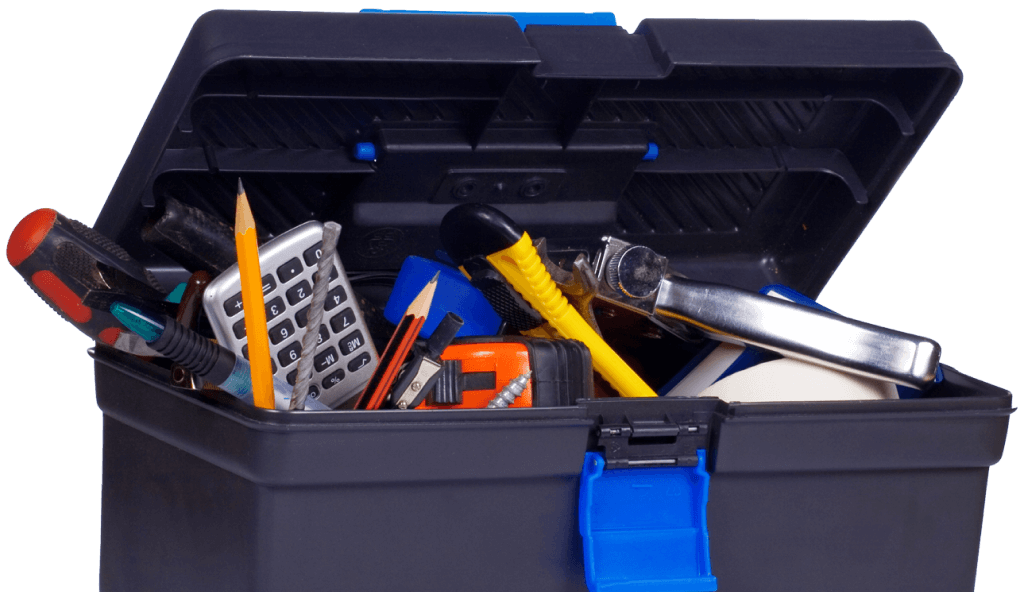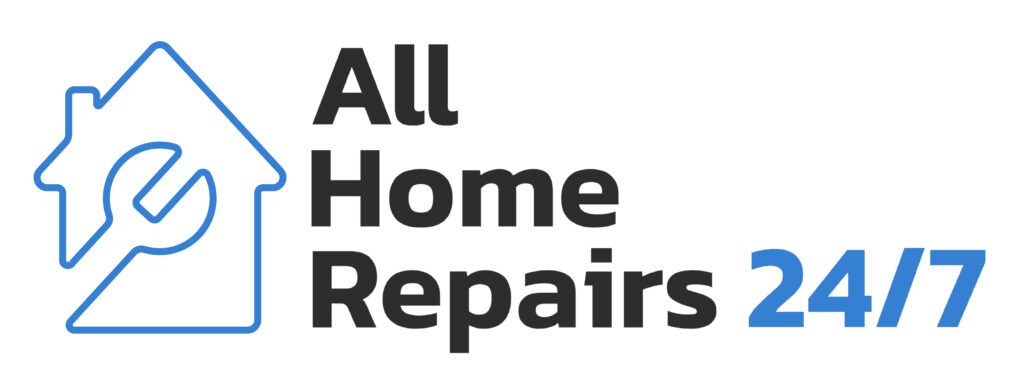Electrical safety is paramount in every home, yet it’s often overlooked until an accident occurs. Understanding and implementing basic electrical safety measures can prevent fires, shocks, and other hazards. Whether you’re a new homeowner or have lived in your home for years, here are essential electrical safety tips to keep you and your family safe.

- Schedule Regular Inspections
Routine electrical inspections by a qualified electrician are crucial for identifying potential hazards such as faulty wiring, overloaded circuits, and outdated electrical panels. Schedule inspections at least once every few years, or more frequently if you notice any warning signs like flickering lights or tripping breakers. - Install Ground Fault Circuit Interrupters (GFCIs)
GFCIs are designed to protect against electric shocks by shutting off power to the circuit when they detect a ground fault. Install GFCIs in areas prone to moisture, such as kitchens, bathrooms, and outdoor outlets. Test them monthly to ensure they’re functioning correctly. - Avoid Overloading Outlets
Plugging too many devices into a single outlet can overload the circuit and increase the risk of overheating and electrical fires. Use power strips with built-in surge protection and avoid daisy-chaining multiple power strips together. Distribute devices evenly across outlets and consider installing additional outlets if needed. - Use Tamper-Resistant Outlets
Tamper-resistant outlets feature built-in shutters that block foreign objects from being inserted into the slots. These outlets are especially important in homes with young children to prevent accidental shocks or electrocution. Replace standard outlets with tamper-resistant ones to enhance safety. - Practice Appliance Safety
Inspect appliances regularly for signs of wear and tear, such as frayed cords or exposed wires. Never use damaged appliances, and unplug them when not in use to prevent electrical hazards. Follow manufacturer’s instructions for proper use and maintenance of appliances. - Be Cautious with Extension Cords
Extension cords should only be used temporarily and never as a permanent solution for powering appliances or devices. Avoid running cords under rugs or carpets where they can become damaged or overheated. Invest in additional outlets or hire a professional to install them where needed. - Keep Electrical Equipment Away from Water
Water and electricity don’t mix, so keep electrical equipment and appliances away from sources of water such as sinks, bathtubs, and outdoor areas during rain. Use waterproof covers for outdoor outlets and ensure all electrical cords are dry before plugging them in. - Know How to Shut Off Power
In case of an emergency, it’s essential to know how to shut off power to your home. Locate and label the main circuit breaker or fuse box and teach all family members how to turn off the power if necessary. Keep a flashlight and battery-powered radio handy in case of power outages. - Hire Licensed Electricians for Repairs
Avoid DIY electrical repairs and always hire licensed electricians for any electrical work in your home. Attempting to fix electrical issues yourself can be dangerous and may void warranties or insurance coverage. Invest in professional services for peace of mind and safety. - Educate Your Family
Finally, educate your family members, especially children, about electrical safety practices. Teach them to avoid playing with electrical outlets or cords and to report any signs of electrical problems immediately. By instilling good safety habits, you can protect your loved ones from preventable accidents.
Conclusion
Electrical safety is a shared responsibility that requires diligence and awareness from homeowners. By following these essential tips and prioritizing electrical safety in your home, you can create a safer environment for you and your family. Remember, when it comes to electricity, it’s better to be proactive than to risk potential hazards. Contact AllHomeRepairs24/7 for more Details.
FAQs
It’s recommended to schedule electrical inspections at least once every few years, or more frequently if you notice any warning signs of electrical issues.
Frequent circuit breaker trips may indicate an overloaded circuit or faulty wiring. Contact a licensed electrician to diagnose and address the issue promptly.
While GFCIs are not required for every outlet, they are recommended for areas prone to moisture such as kitchens, bathrooms, and outdoor outlets to enhance safety.
No, extension cords should only be used temporarily. For permanent installations, consider installing additional outlets or hiring a professional electrician to do so safely.
In case of an electrical emergency, such as sparking outlets or exposed wires, shut off power to the affected area immediately and contact emergency services or a licensed electrician for assistance.

